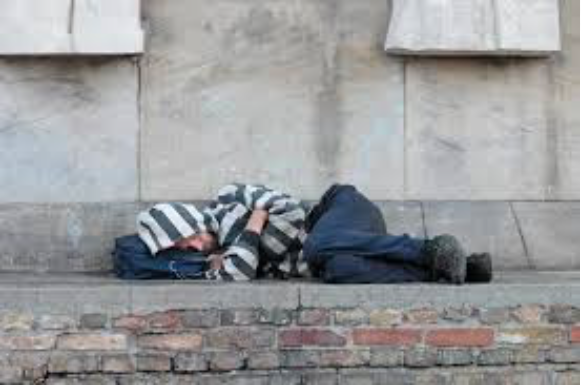New research reveals link between family breakdown and homelessness

Disadvantaged children in Australia who are subject to family breakdown are more likely to experience homelessness later in life than disadvantaged children whose parents stay together, according to new research by the University of Melbourne.
Dr Julie Moschion from the Melbourne Institute of Applied Economic and Social Research and Professor Jan van Ours from the Faculty of Business and Economics, analysed data from Journeys Home, the largest and most comprehensive study of homelessness and housing insecurity in Australia.
Over two years, this unique study tracked the movements of 1700 Australians who were homeless or at risk of becoming homeless.
“Of the participants who had experienced homelessness in their life, 62 per cent identified family breakdown or conflict as the main reason for becoming homeless in the first place,” Dr Moschion said.
“We knew then from the interviews that the majority of participants felt that their parents’ separation played a critical role, but this study provides the evidence to support that.”
Key findings include:
- If parents separate before the child is 12, boys have a 10 per cent to 15 per cent greater chance of becoming homeless by age 30. For girls, there’s a 15 per cent – 20 per cent greater chance of becoming homeless by age 30;
- If parents separate when a child is 12 or older, this increased risk of homelessness only persists for boys;
- The risk of homelessness for boys and girls is greater when parents were married before they broke up, compared to those who were in a de facto relationship.
Dr Moschion said the study is a critical step in understanding how people become homeless.
“We know that homelessness, whether that be sleeping rough or staying in temporary accommodation for example, is an increasingly evident problem," Dr Moschion said.
"But to solve the problem we need to better address the factors that lead to it.
“Providing early intervention to help disadvantaged one-parent households is one possible way we can better help people stay in secure and affordable housing.“
Read more in Pursuit.